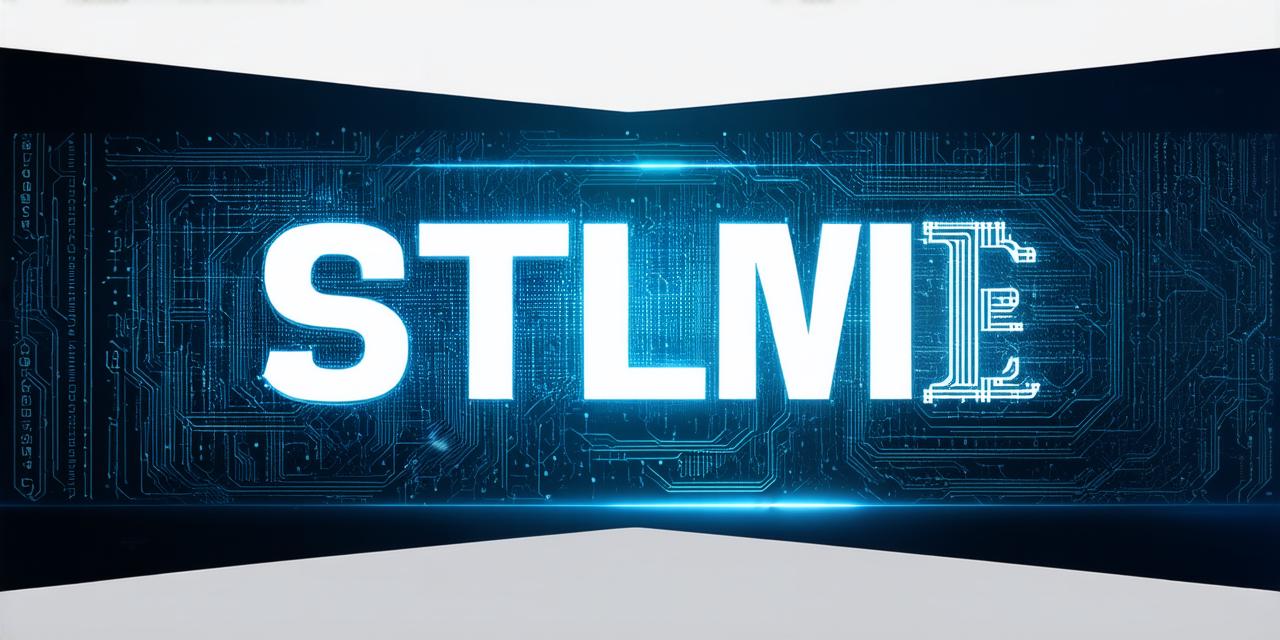Definition of State in Blockchain
At its core, the state in blockchain refers to the current status of a smart contract. It represents the data that is stored on the blockchain network at a particular point in time and is updated as new transactions are added to the chain. The state of a smart contract can be thought of as its “memory,” as it holds all the relevant information about the contract, such as its balance, ownership, and other relevant details.
Types of States in Blockchain
There are several types of states that can be found in blockchain technology. These include:

- Immutable States: An immutable state is a state that cannot be altered or changed once it has been set. It is typically used to store information that does not need to be updated frequently, such as the initial balance of a smart contract.
- Mutable States: A mutable state is a state that can be altered or changed after it has been set. It is typically used to store information that needs to be updated regularly, such as the ownership of a smart contract.
- Read-only States: A read-only state is a state that can only be accessed and viewed by authorized parties, but cannot be modified or altered. It is typically used to store sensitive information that needs to be protected from unauthorized access.
- Read-write States: A read-write state is a state that can be accessed, viewed, and modified by authorized parties. It is typically used to store data that needs to be updated frequently and accessed by multiple parties.
Applications of State in Blockchain
The state in blockchain technology has a wide range of applications across various industries. Some of the most notable applications include:
- Smart Contracts: Smart contracts are self-executing contracts with the terms directly written into code. The state of a smart contract is crucial to its functioning, as it holds all the relevant information about the contract and determines how it should be executed.
- Supply Chain Management: Blockchain technology has revolutionized supply chain management by providing a secure and transparent platform for tracking goods from production to delivery. The state of a blockchain can be used to store data about the origin, location, and ownership of goods, ensuring that all parties have access to up-to-date information.
- Voting Systems: Blockchain technology has the potential to revolutionize voting systems by providing a secure and transparent platform for recording and counting votes. The state of a blockchain can be used to store data about the votes cast, ensuring that the results are verifiable and tamper-proof.
- Identity Verification: Blockchain technology can be used to create secure and tamper-proof identity verification systems. By storing data about an individual’s identity on a blockchain, it becomes much harder for hackers to access or alter this information, making it more secure and reliable.
cite-reference1. What is the difference between immutable and mutable states in blockchain?
Immutable states cannot be altered or changed once they have been set, while mutable states can be altered or changed after they have been set.
cite-reference2. How does the state of a smart contract determine its functioning?
The state of a smart contract holds all the relevant information about the contract and determines how it should be executed.
cite-reference3. What are some common applications of state in blockchain technology?
State in blockchain technology has a wide range of applications across various industries, including smart contracts, supply chain management, voting systems, and identity verification.



